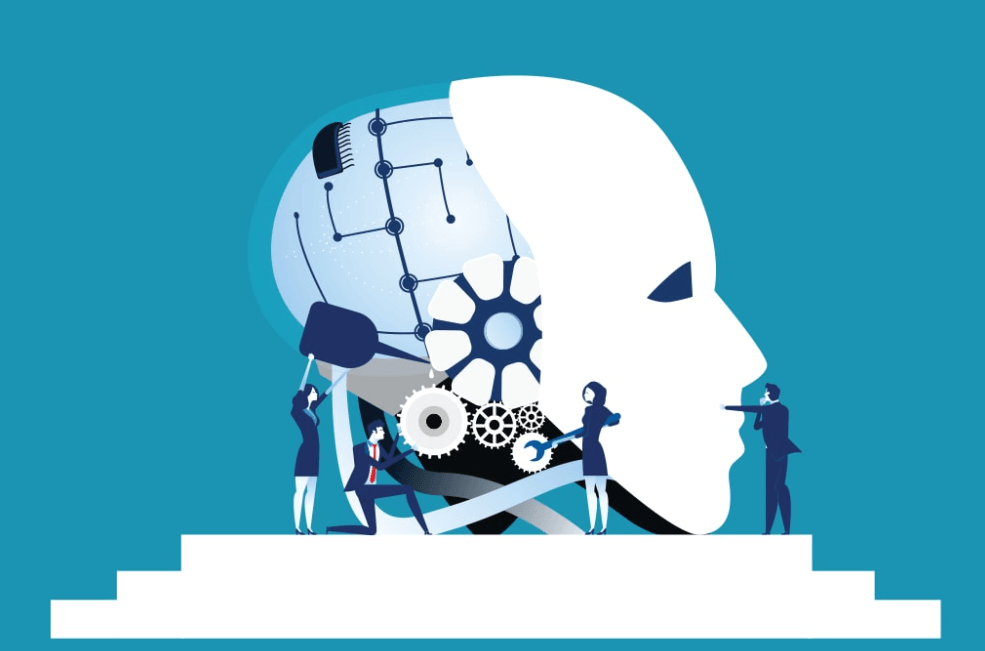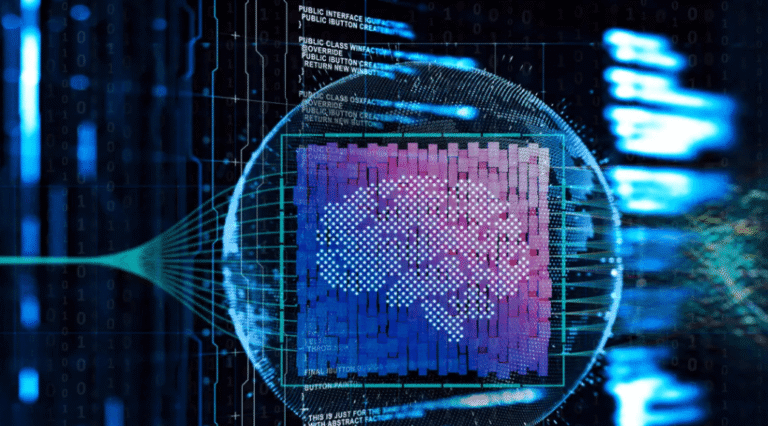What Are the Ethical Implications of Artificial Intelligence?
The ethical implications of artificial intelligence are complex and warrant careful examination. Key concerns include privacy violations, algorithmic bias, and the need for accountability. As AI systems become more integrated into daily life, understanding how they affect individual rights and societal norms is crucial. The ongoing development of AI technologies raises important questions about fairness and transparency. How these challenges are addressed will significantly shape the future of AI and its role in society.
The Promise of AI: Benefits and Opportunities
As artificial intelligence continues to advance, it presents a myriad of benefits and opportunities that can significantly enhance various sectors.
Job creation emerges as a crucial aspect, alongside healthcare advancements that improve patient outcomes.
Furthermore, AI-driven educational tools foster personalized learning experiences.
Additionally, the integration of AI promotes environmental sustainability by optimizing resource use, ultimately leading to a more efficient and responsible future.
See also: Understanding the Importance of APIs in Software Development
Privacy Concerns in the Age of AI
How can society balance the benefits of artificial intelligence with the pressing concerns surrounding privacy?
The rise of AI has intensified data surveillance, raising questions about individual rights. Effective consent mechanisms must be established to ensure users retain control over their personal information.
Addressing Bias and Fairness in AI Systems
What measures can be implemented to ensure fairness in artificial intelligence systems?
Addressing algorithmic discrimination requires rigorous data auditing, diverse training datasets, and bias detection tools.
Implementing fairness metrics can guide the development of AI, promoting equitable outcomes.
Continuous stakeholder engagement and interdisciplinary collaboration further enhance these efforts, fostering a more inclusive technological landscape that respects individual rights and mitigates systemic injustices.
Accountability and Transparency in AI Decision-Making
Ensuring fairness in artificial intelligence systems lays the groundwork for addressing the broader issues of accountability and transparency in AI decision-making.
Responsibility frameworks are essential in establishing who is accountable for AI outcomes, thereby enhancing decision clarity.
Conclusion
In a world where AI reigns supreme, one must ponder whether our digital overseers will prioritize our privacy or simply surveil us under the guise of convenience. As algorithms become the new arbiters of fairness, we stand at the crossroads of progress and peril. Perhaps the ultimate ethical quandary is not whether AI can learn, but whether it can learn to care—assuming, of course, that care is a feature, not a bug, in its programming.






